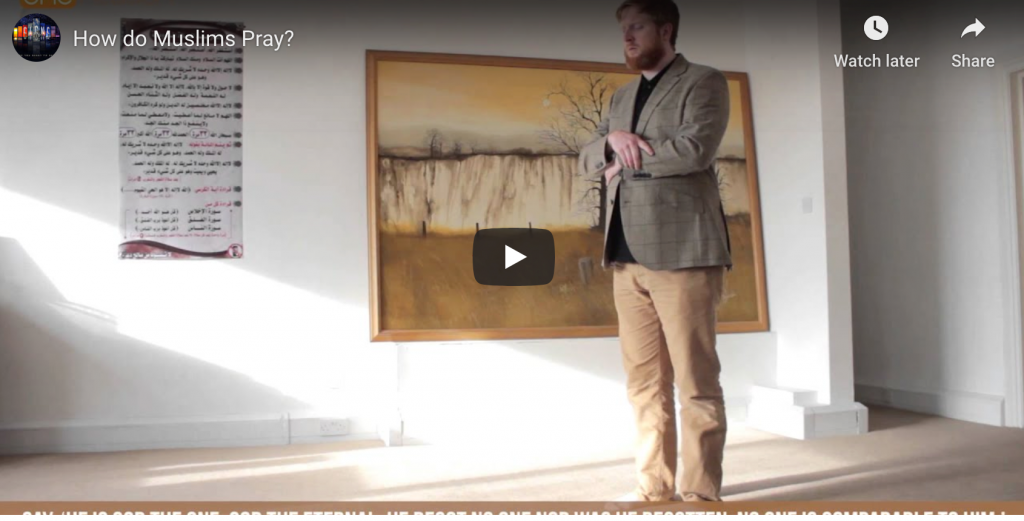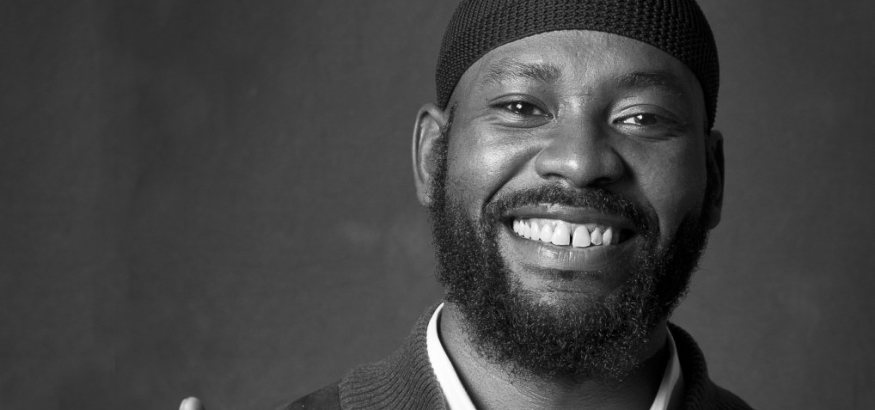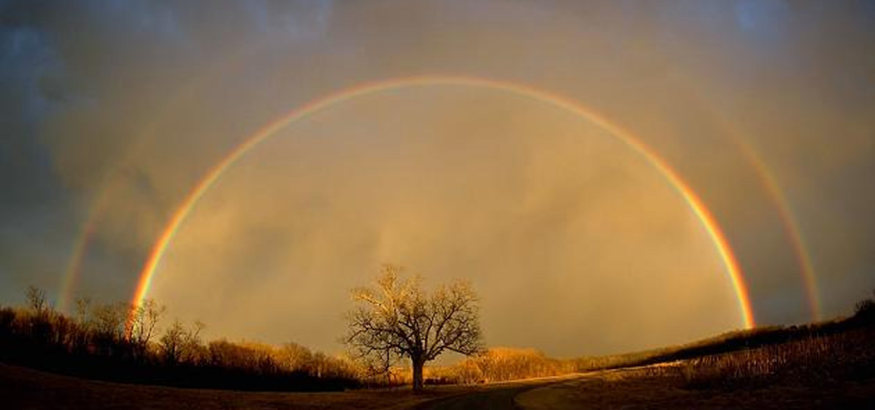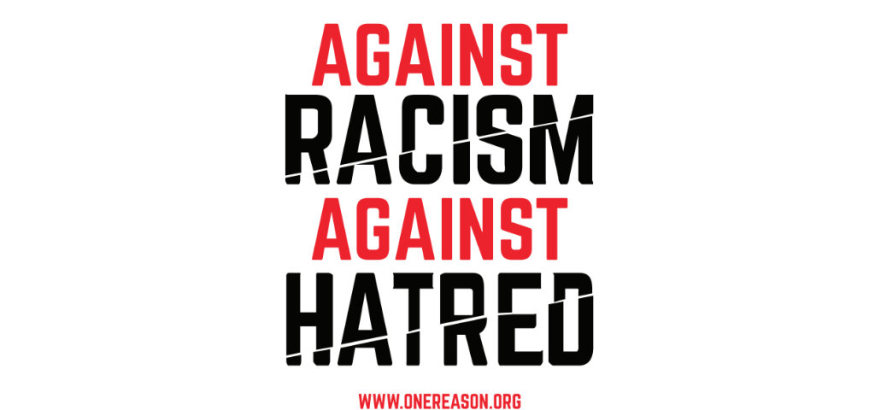Imagine this article began by calling you names. Actually, imagine it used the most vile language to curse you or the person you love most. Would you continue reading? Even if you did, would you take seriously what it had to say? Would you have an open mind to try and understand what was written? Of course you wouldn’t! You would probably throw this booklet in the bin. No human being should be expected to tolerate uncivilised, degrading language, deliberate abuse and repugnant expressions. As humans, we qualify ourselves through the use of our language, our manners and our sensibilities. We are careful about how others perceive us; what we say is how we present ourselves to the world. The philanthropist and anti-apartheid revolutionary Nelson Mandela once said: “If you talk to a man in a language he understands, that goes to his head. If you talk to him in his language, that goes to his heart.” No one prides themselves on the language of insults. Insults never appeal to anyone’s mind or heart. In reality, insulting behaviour and speech is a throwback to the worst part of our childhood. In the playground we would see bullies using abusive language to belittle others weaker than them. Good parents, teachers and communities expend great efforts to inculcate in children kindness, listening skills, empathy and teaching them not to be abusive or offensive. How then, and according to what logic, does it become a right to offend, and how can such behaviour be deemed in any way appropriate, let alone civilised? We only need to look back to the 1930’s when the free language of bigotry was used against a minority group to demonise them, which led to the horrific events of the holocaust. As shocking as this may sound, it highlights a very important point; whether we like it or not, what we say can make or break our world. Despite this, there are those who claim that we can say whatever we want in whichever way we want. Every free-thinking person will say that they believe in the freedom of speech. If we didn’t, we wouldn’t be free to discuss politics, religion, the evil of bigotry and racism, and much more. Our freedom to speak about these things is what makes us human – let’s not use that humanity to dehumanise others. THE HISTORY OF FREEDOM OF SPEECH When we examine the historical circumstances of freedom of speech, we will see that it emerged as a result of a specific problem. Christian Europe was under the control of the Church and the ‘Divinely chosen Kings’ and was subjugated to centuries of authoritarian rule, absent of transparency and accountability. This is why people demanded the freedom to take the oppressive state to account, establish justice and learn about the truth of the world. Hence, freedom of speech was a concept that was born out of the European Enlightenment in order to account those in power, establish justice in society, and as a means for seeking the truth and facilitating human progression. The inception of the modern concept of freedom of speech as we know it today, arose under this particular context. However, this notion of ‘freedom’ was never intended to insult, offend or defame any social group. This is why the 19th century British philosopher, and one of the founders of the free speech movement, John S. Mill, argued that for truth and justice we must be cautious with our language. FREEDOM TO INSULT AND DEGRADE? In light of the above, you’re probably thinking that something has seriously gone wrong. You’re right. We are now far removed from the civilised discourse of the likes of John S. Mill, Aristotle, Mahatma Gandhi, Martin Luther King, Winston Churchill and William Shakespeare. Think about it. There are many news outlets, publications, websites and other media corporations that have contradicted the fundamental objectives of freedom of speech by conflating it with the right to degrade, insult and defame. We have all seen and experienced the lies, hate and defamation of many in the media. Sadly, it has led to more lies, hatred and mistrust. It does not help form a harmonious society, where intellectual and rational dialogue between different communities can take place. The unfortunate reality today is that freedom of speech is politicised in practice, absent of the most basic human civility to respect others’ ideas, beliefs and values. Do we want to live in such a society? A society that is free to curse, rather than converse? The post-modern philosopher, Søren Kierkegaard, aptly said, “People demand freedom of speech as a compensation for the freedom of thought which they seldom use.” Søren Kierkegaard To illustrate this point, here are some reasons why being free to degrade and insult actually goes against the objectives of free speech: Firstly, from the perspective of truth and progress: in order to acquire the truth and facilitate progress, reasoned and well mannered argumentation and discussion is required, and this must be couched in human language. Insulting and degrading language or imagery does not facilitate truth and progress. Imagine the prominent physicist Stephen Hawking explaining one of his famous theories. What would happen if he then used pornographic imagery to denounce others who opposed it, or continually swore at them during his presentation? Would that expressionism facilitate discussion? It is more likely to create a barrier to knowledge and understanding. Secondly, from the aspect of accountability and justice, accounting governments and individuals also requires good, polite and reasoned dialogue. If one was to approach a dictator, cursing them and using the most vile language, would one successfully bring them to account? That is very unlikely. In order to do so, it would be better to articulate a positive case against their crimes and injustices. These examples show that insult and degradation defeat the very objective of the freedom of speech. There is, however, a fine line between deliberate and unintended insults. After all, one person’s insults can be another’s form






